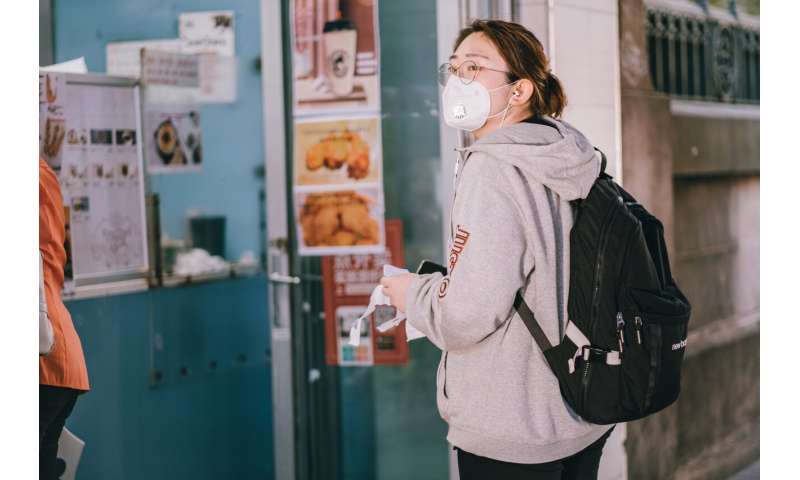Best of Last Week: Planetary conjunction, accelerating vehicle research and COVID-19 infection leads to lasting immunity

It was a good week for space research as Jupiter and Saturn made worldwide headlines as they engaged in a cheek-to-cheek rare celestial dance—scientists and laypeople alike watched as the two planets appeared closer together in the night sky than at any other time in the past 400 years. The optimal conjunction took place on Monday at 1822 GMT. Also, a team at Japan Aerospace Exploration Agency described some of the samples taken from asteroid Ryugu as chips like charcoal—the team has been analyzing samples collected by its Hayabusa2 spacecraft and brought back to Earth for study. And a small team of researchers from the California Institute of Technology, NASA's Jet Propulsion Laboratory and Santiago High School updated a method for calculating the likelihood of the existence of extraterrestrial civilizations by adding new information to Drake's equation.
In technology news, the team at DeepMind announced that they had upgraded their MuZero deep learning based computer system to allow it to build its own understanding of how the world works—in so doing, they gave the machine the ability to master the board games Go and Shogi, without first giving it the rules of play. Also, a team at Oak Ridge National Laboratory announced that they had developed a new engine capability that accelerates advanced vehicle research—they claimed it gave an unprecedented view inside the atomic-level workings of combustion engines in real time. And a combined team from Tübingen and Toronto universities explored the notion of shortcut learning in deep neural networks which they suggested appears to underpin many of the shortcomings of deep neural networks identified in recent years.
In other news, a team of researchers at the University of Otago developed a wearable electrical stimulator to zap Alzheimer's disease—it was based on prior research that has suggested that stimulating the sense of smell in people likely to develop Alzheimer's disease could slow its onset. Also, a team working at the Korea Superconducting Tokamak Advanced Research announced that they had set a new time record for maintaining high temperature plasma—their 20 second record was conducted at temperatures over 100 million degrees Celsius. And a team at Tokyo Metropolitan University announced that atomic-scale nanowires can now be produced at scale—using the method they developed.
And finally, if you are one of the millions around the world who have already had COVID-19, you may be interested in the results of two new studies that found that having COVID-19 may protect against reinfection. One study involved testing thousands of health care workers at Oxford University Hospitals—the other was conducted by The National Cancer Institute in the U.S. and involved more than three million people. Both showed protection lasting for at least six months.
© 2020 Science X Network